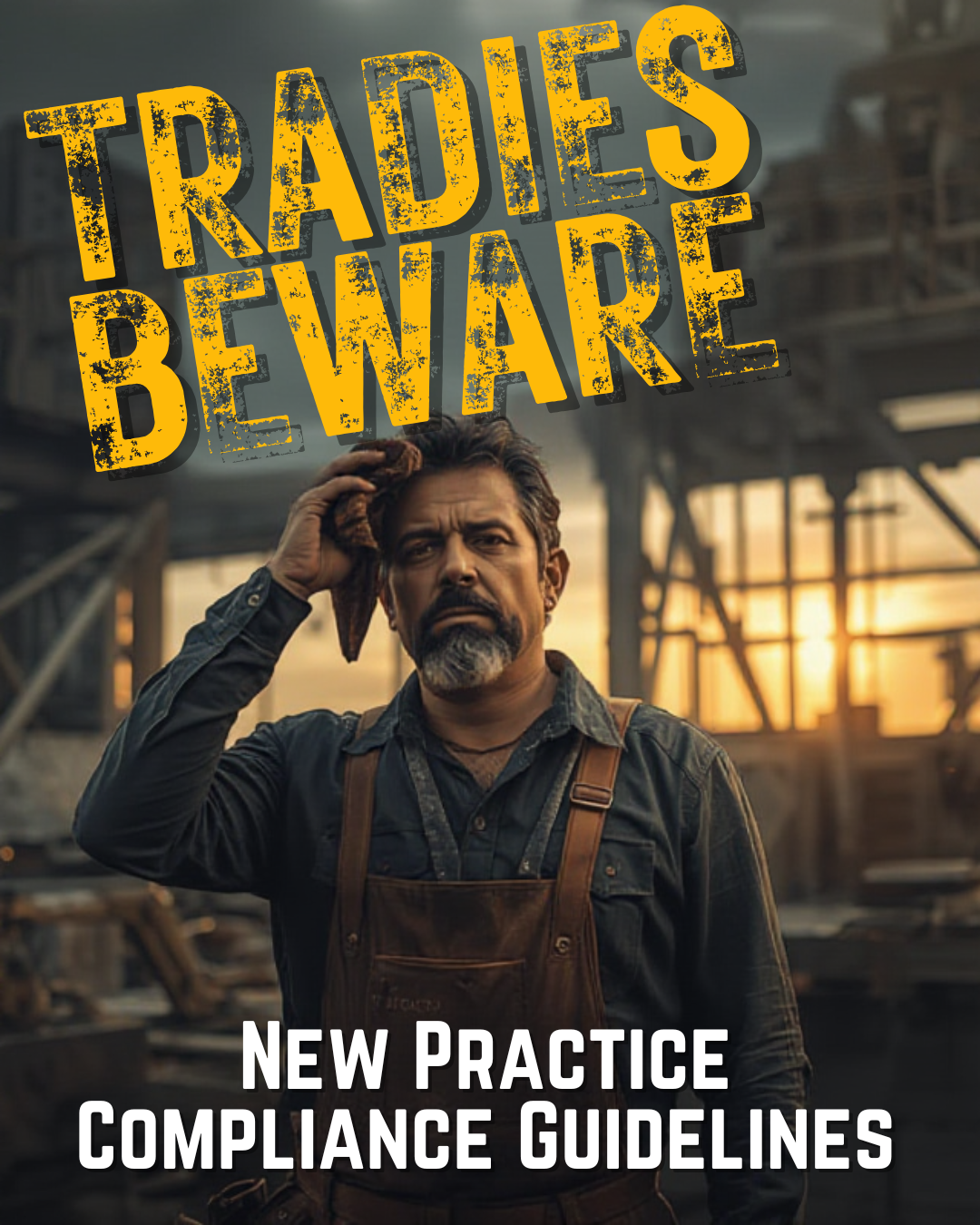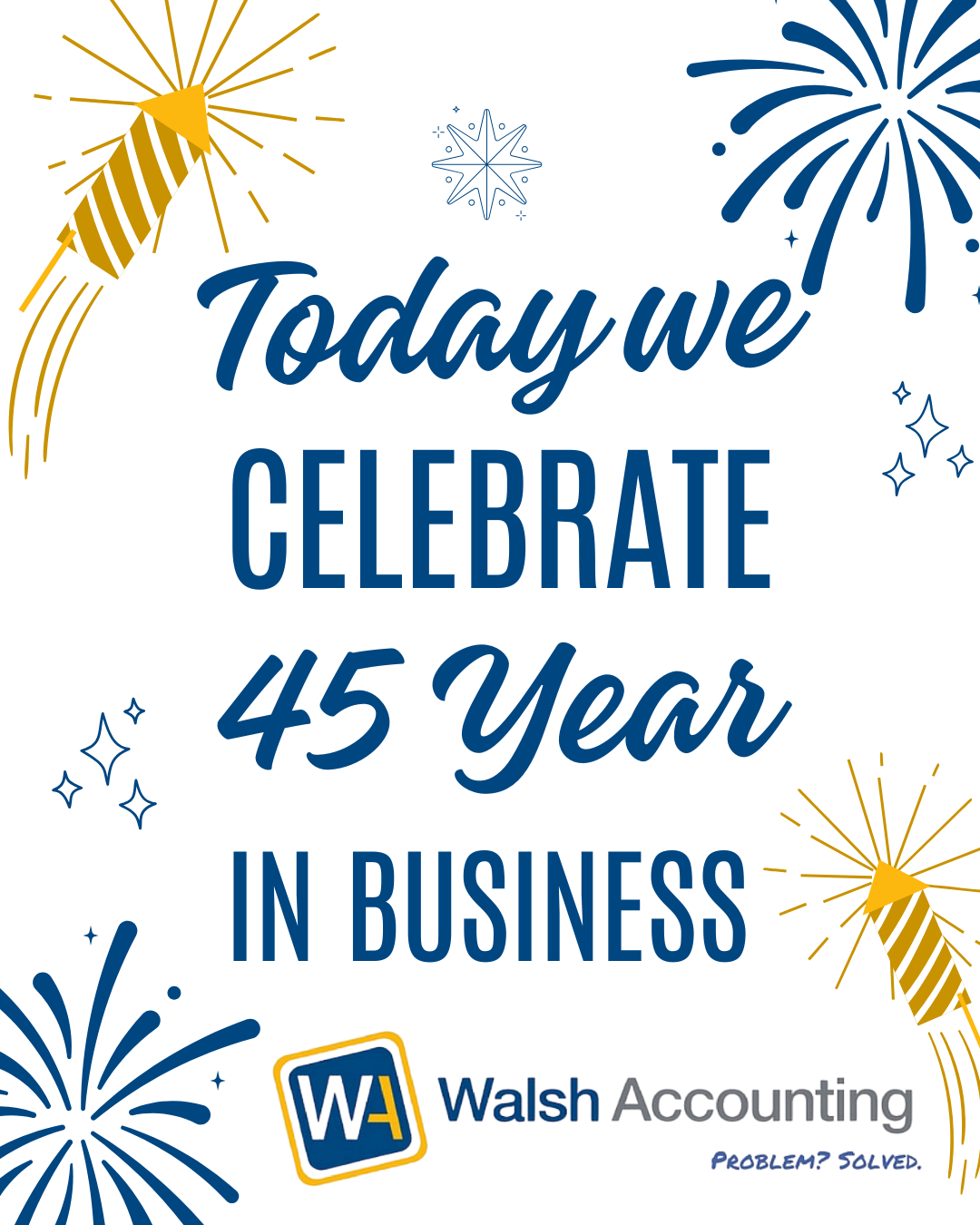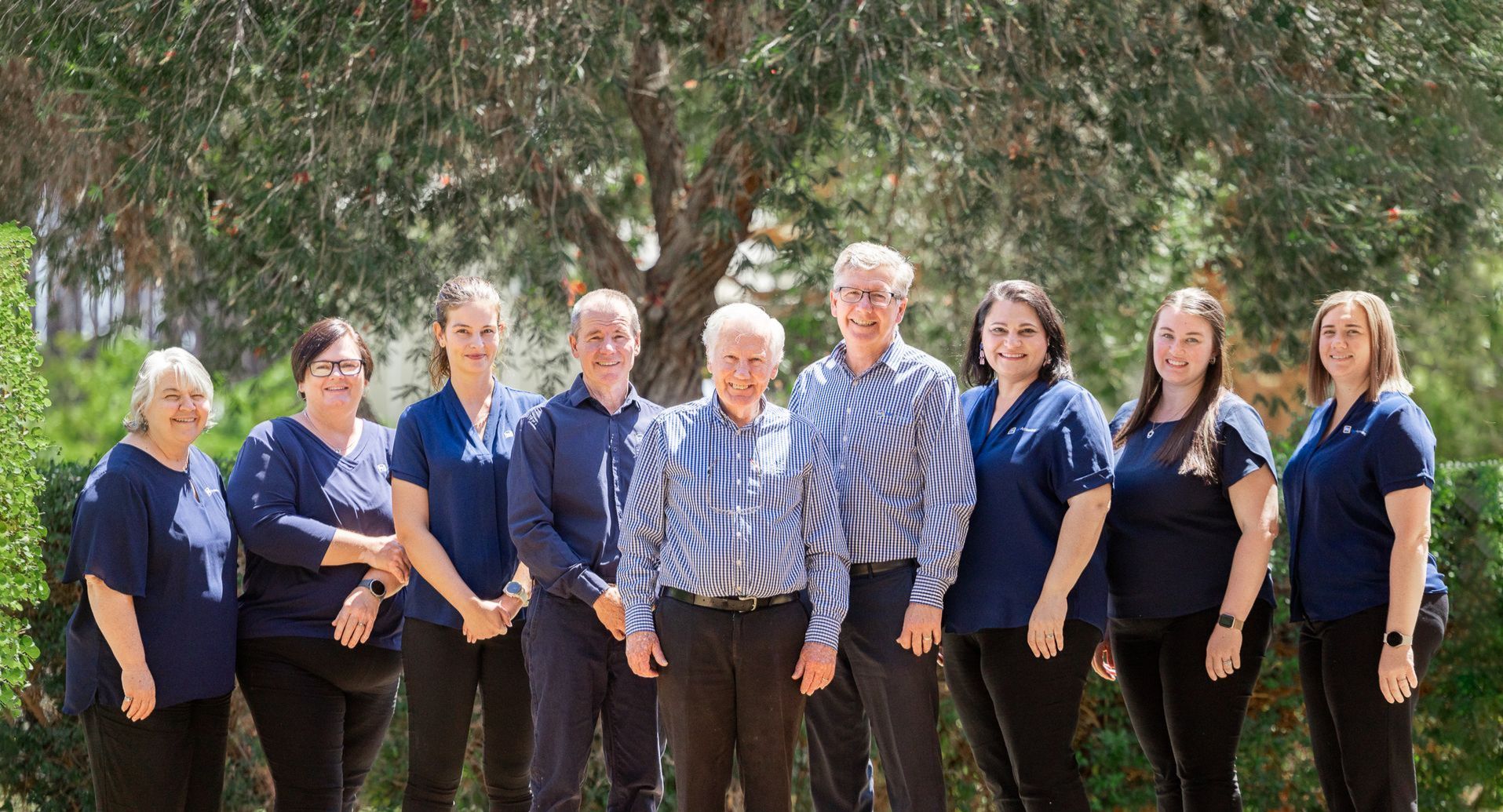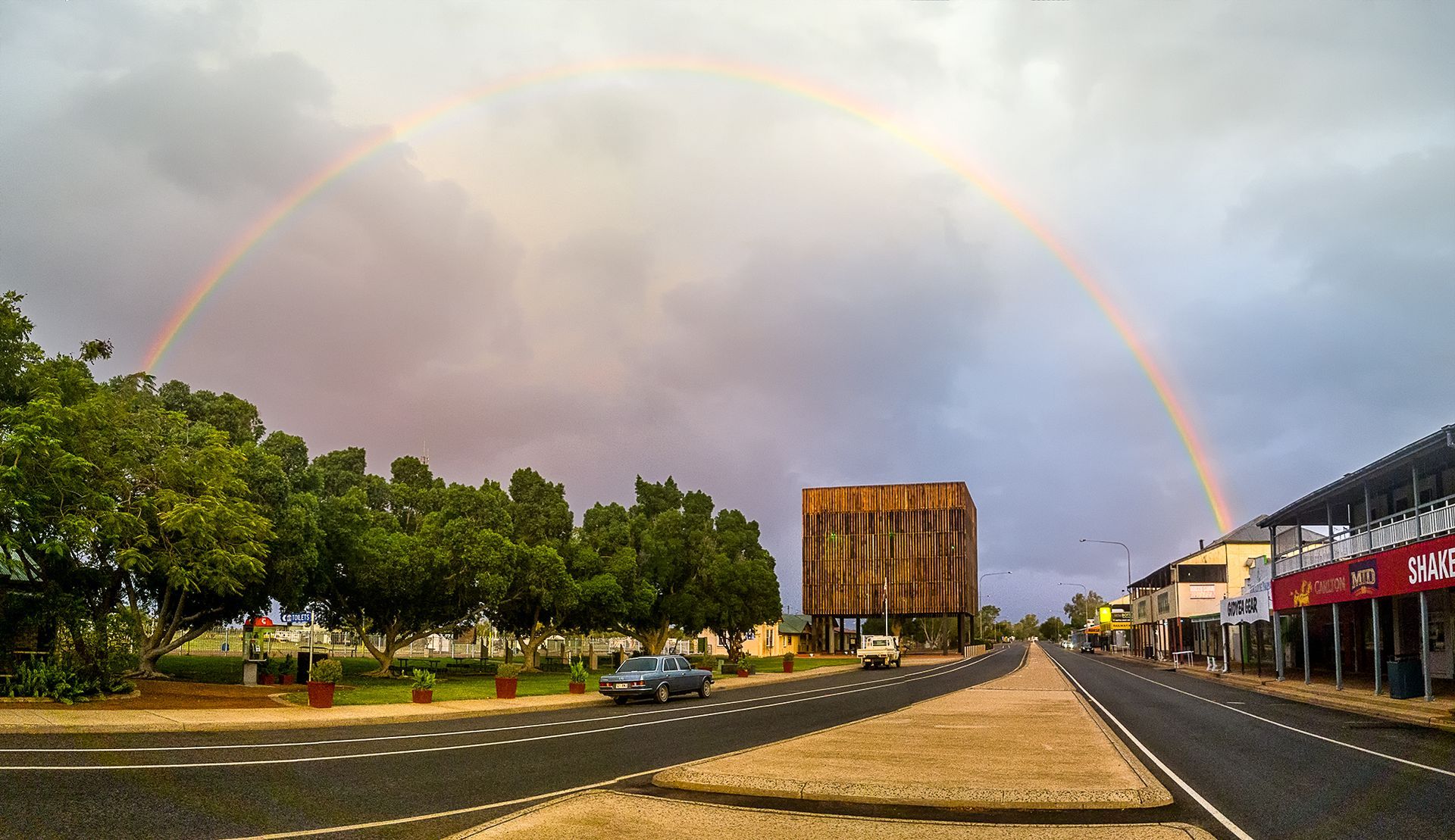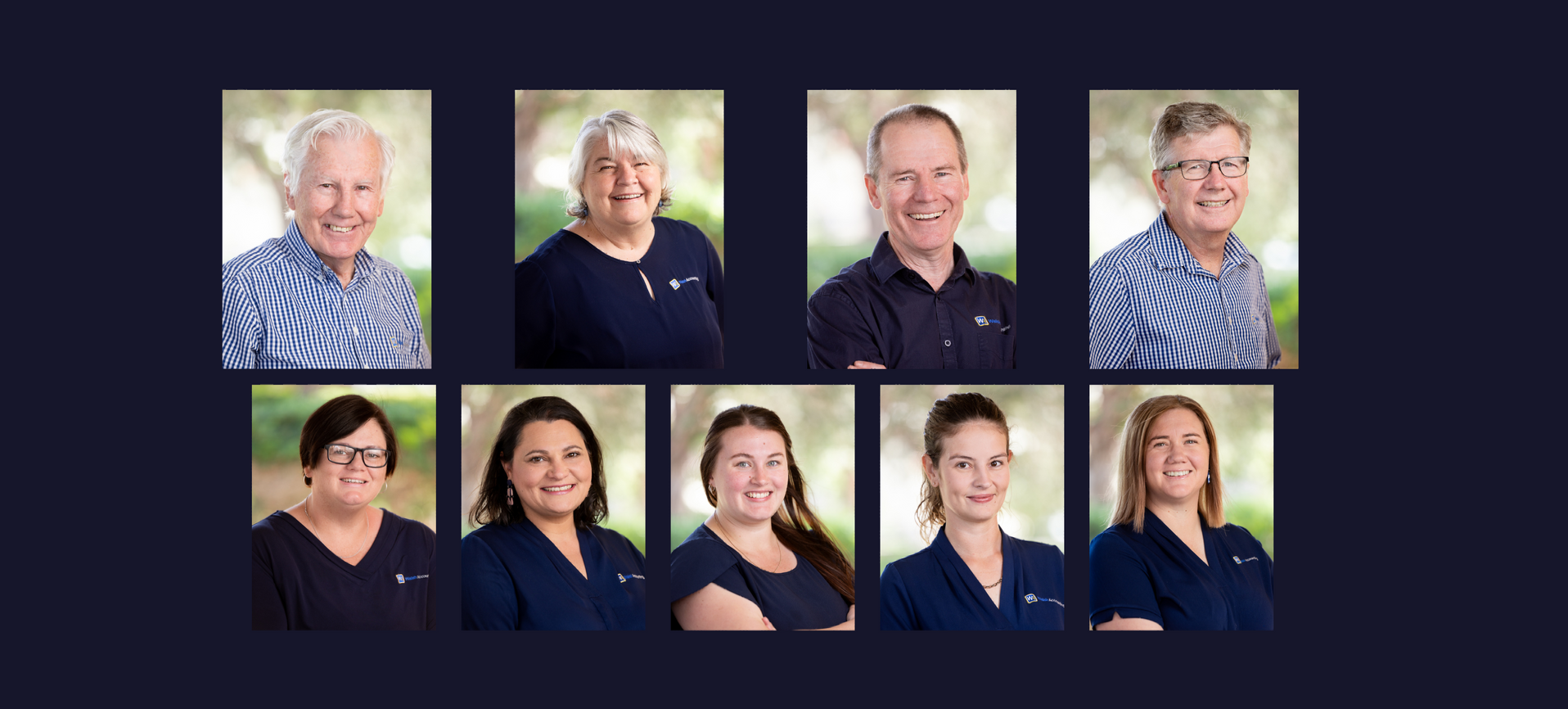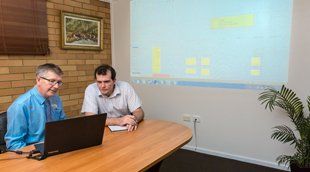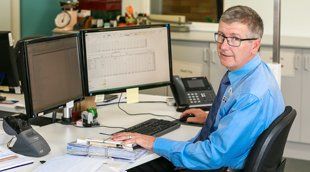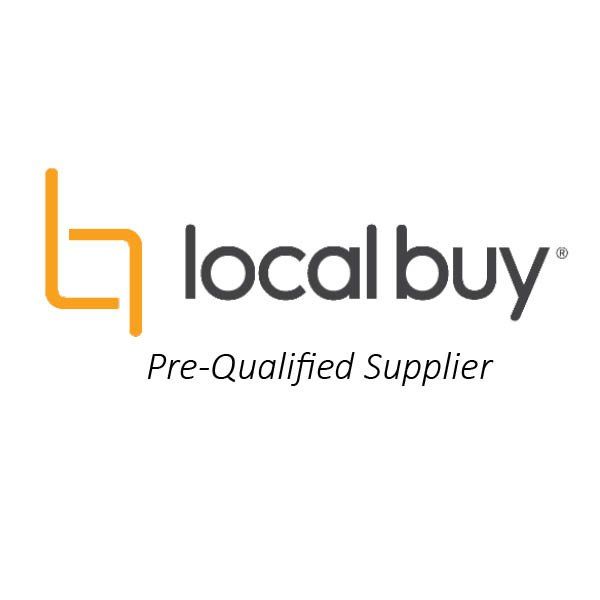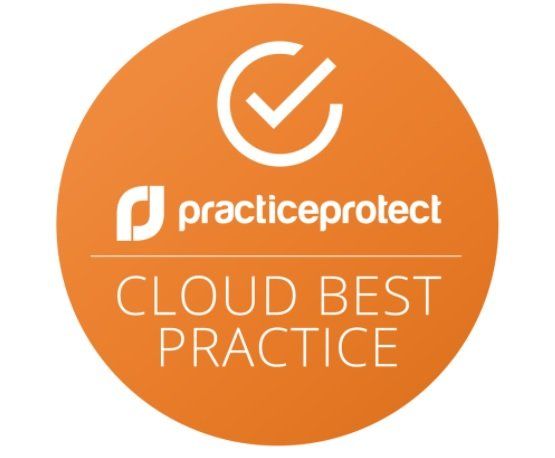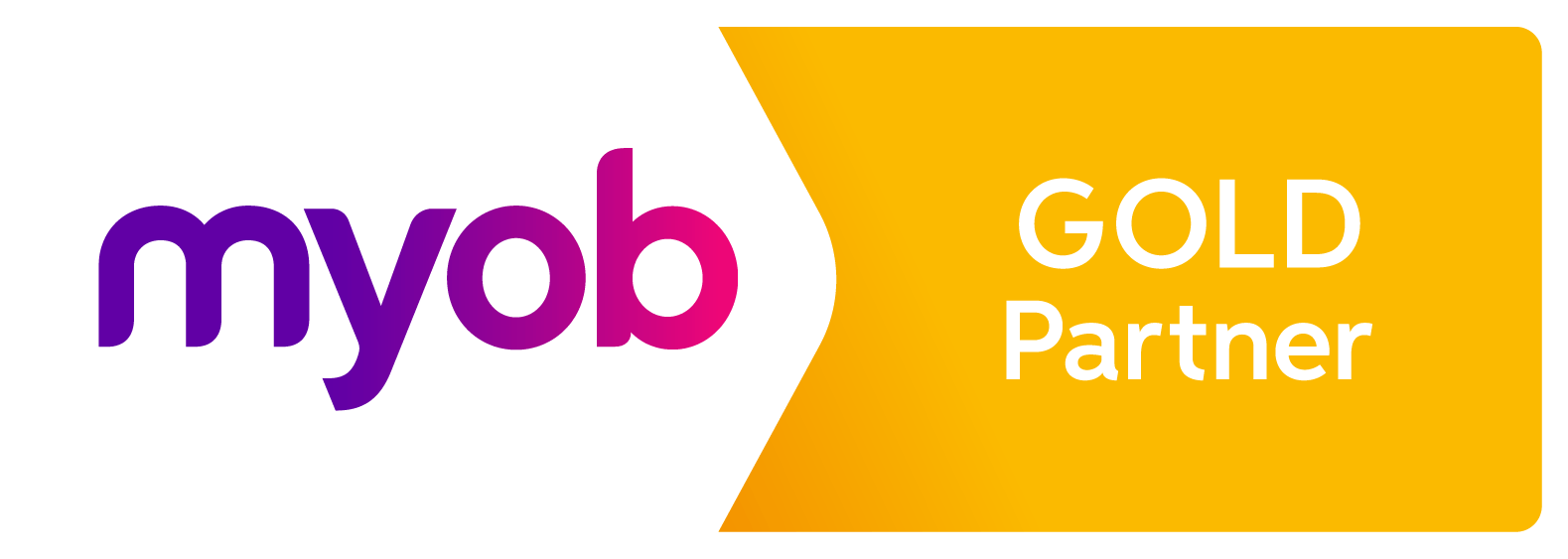By Lionel Walsh
•
November 18, 2025
Personal Services Income (PSI) The Australian Taxation Office (ATO) introduced Personal Services Income (PSI) rules to restrict individuals from diverting income through companies, partnerships or trusts to gain tax advantages from strategies such as income splitting, accessing business deductions or lower tax rates. The core issue is whether you are earning money as a business or from personal services (similar to wages). You have personal services income if more than 50% of your income in a contract comes from your own personal skills, labour or services. If you do have personal services income, it is not quite the end of the world. You might be able to retain the taxation benefits if you can pass the 80% test and one of the following four tests: Results Test You pass the results test if ALL the following apply · You are contracted to deliver a result, such as building a shed, rather than being paid for hours worked · You provide all the plant, equipment and tools needed. · You are responsible for rectifying any defects in your work (at your own cost) Unrelated Clients Test · You must have received PSI income from two or more unrelated clients and there must be a direct connection between the offer to the public and · you being engaged to perform the work Employment Test To pass the employment test, you must meet one of the following conditions · at least 20% of the principal work must be performed by others · One or more apprentices must be employed for at least six months of the year Business Premises Test You pass the business premises test if at all times in the income year you maintained and used a business premises which meets all the following conditions. It must be · used mainly to gain PSI · used exclusively by you · physically separate from your private premises · physically separate from your clients’ premises For the unrelated clients test, the business premises test and the employment test, you first have to meet an 80% test. If 80% or more of your personal services income is derived from one client (and associates) you cannot self-assess anymore. If you still believe that you can pass one of the tests, you must apply to the ATO for a Personal Services Business (PSB) determination. If you pass the 80% test, you can self-assess the Unrelated Clients Test, the Employment Test and the Business Premises Test. Of course, this is no guarantee that the ATO, on audit, will reach the same conclusion as you. If you are an individual with an ABN and you are thinking about income-splitting with your spouse or operating through a company, partnership or trust, please make sure you are not breaching any of the above rules. Otherwise, it might not end well.
